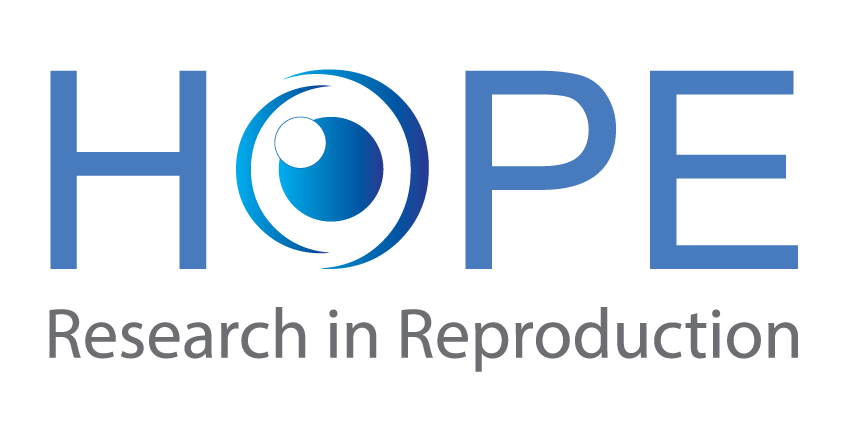Fertility & Reproduction; 2(3):85-92 – 2020-10-10
Anh N. Ha1,2, Toan D. Pham2, Lan N. Vuong1,2,3
Published: 10 October, 2020
Author information
1. IVFMD, My Duc Hospital, 4 Nui Thanh, Tan Binh District, Ho Chi Minh City, Vietnam
2. HOPE Research Center, 4 Nui Thanh, Tan Binh District, Ho Chi Minh City, Vietnam
3. Department of Obstetrics and Gynecology, University of Medicine and Pharmacy at Ho Chi Minh City,
Ho Chi Minh City, Vietnam
Abstract
Background: Several studies have demonstrated that vitamin D (vitD) might play an important role in the reproductive system due to expression of vitD receptor and vitD-metabolizing enzymes in many reproductive tissues. VitD deficiency has been associated with increased risk of obstetric complications. However, the effect of vitD levels on in vitro fertilization (IVF)/ICSI outcomes is not fully understood. Evidence shows that women with adequate vitD levels might have higher pregnancy rates. This study evaluated the association between serum vitD levels and IVF/ICSI outcomes.
Methods: This multicenter, retrospective cohort study was conducted at IVFMD, My Duc Hospital and IVFMDPN, My Duc Phu Nhuan Hospital, Ho Chi Minh City, Vietnam between November 2017 and July 2019. Vietnamese patients aged 18–40 years with serum vitD (25(OH)D) samples collected before starting controlled ovarian stimulation and undergoing embryo transfer were
eligible. Patients were divided into four groups based on 25(OH)D levels: <10 ng/mL, 10 to <20 ng/mL, 20 to <30 ng/mL, and ≥30 ng/mL. The primary outcome was ongoing pregnancy rate.
Results: Of 3779 patients recruited, 25(OH)D levels were <10 ng/mL in 564 (14.9%), 10 to <20 ng/mL in 436 (11.5%), 20 to <30 in 1,142 (30.2%), and ≥30 ng/mL in 1,637 (43.3%). Ongoing pregnancy rates were similar across the four subgroups (36%, 40%, 36%, and 36%, respectively; p = 0.409). The number of oocytes retrieved, embryos, clinical pregnancy, implantation, and miscarriage rates did not differ significantly between subgroups.
Conclusions: In this analysis, serum vitD levels did not appear to be correlated with pregnancy outcomes in patients undergoing IVF/ICSI.
KEYWORDS:
Vitamin D; In Vitro Fertilization; IVF/ICSI; Fertility Outcome; Assisted Reproductive Technologies; Ongoing Pregnancy
